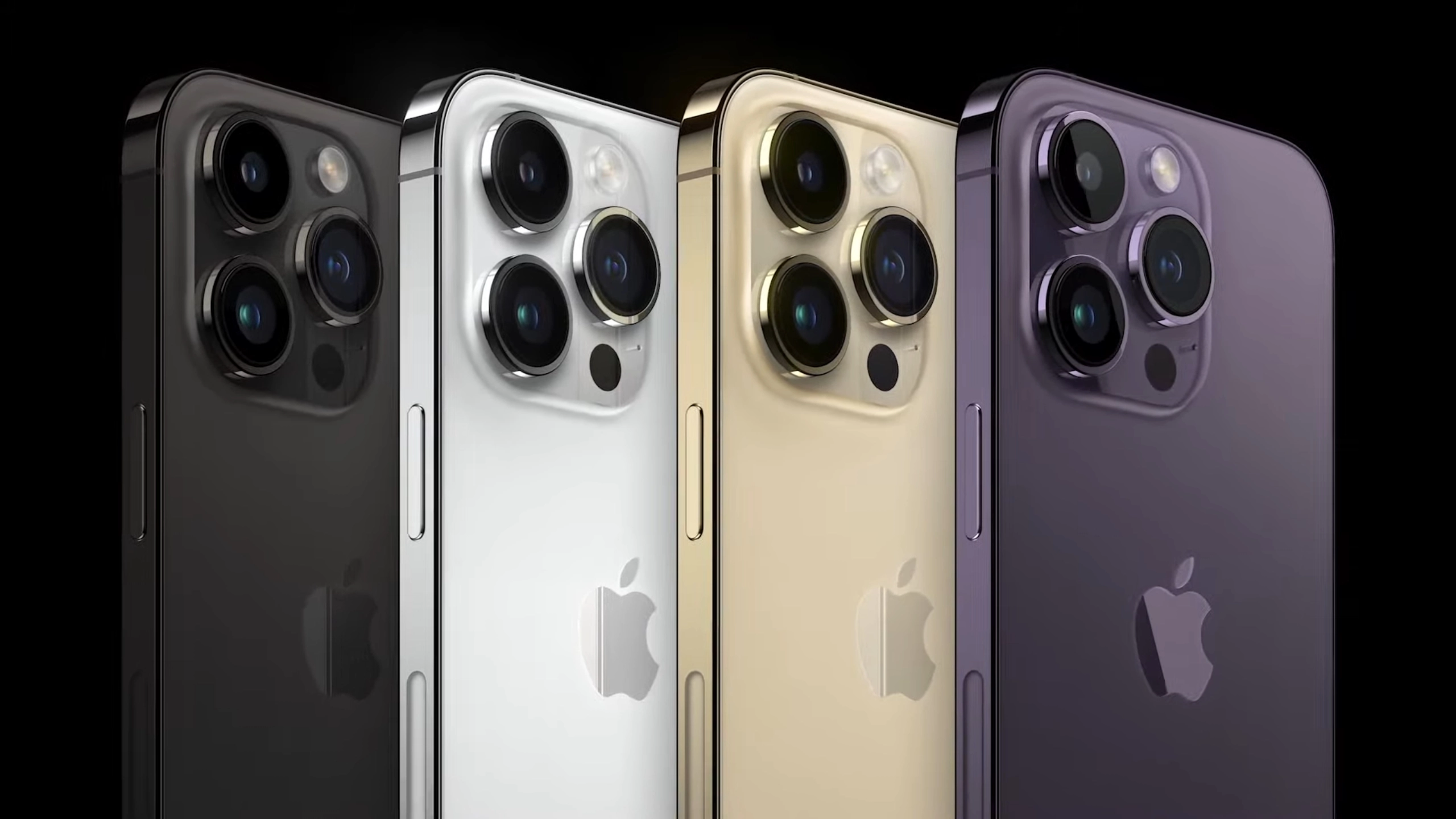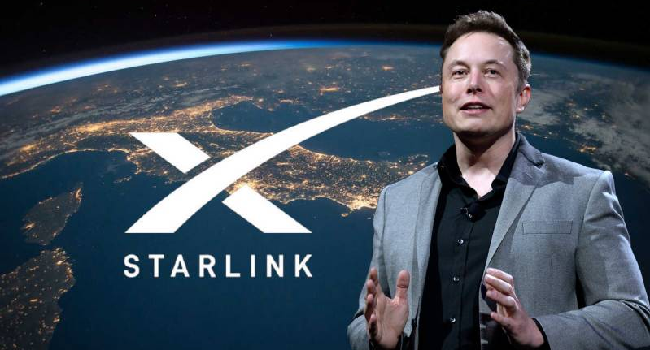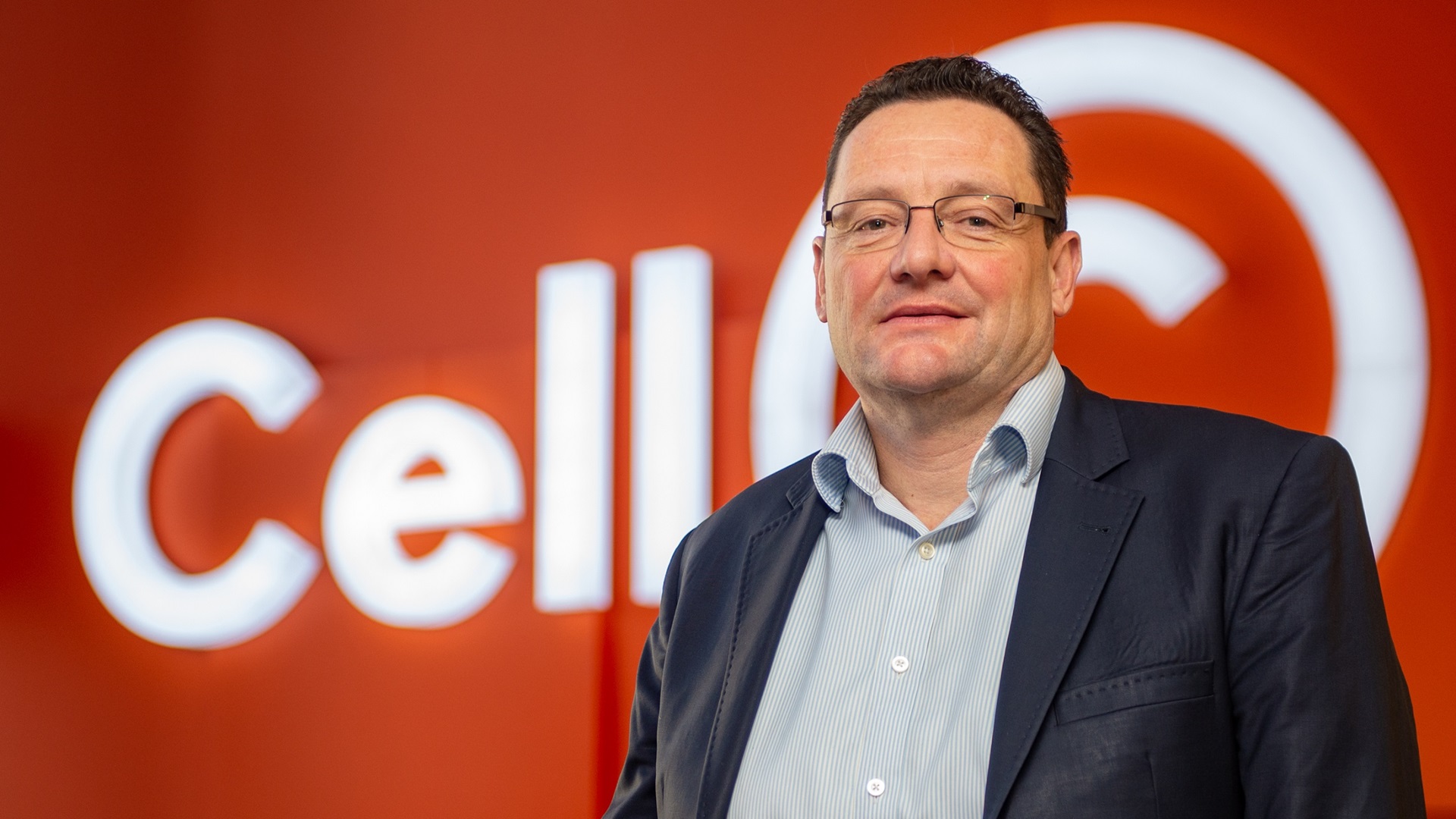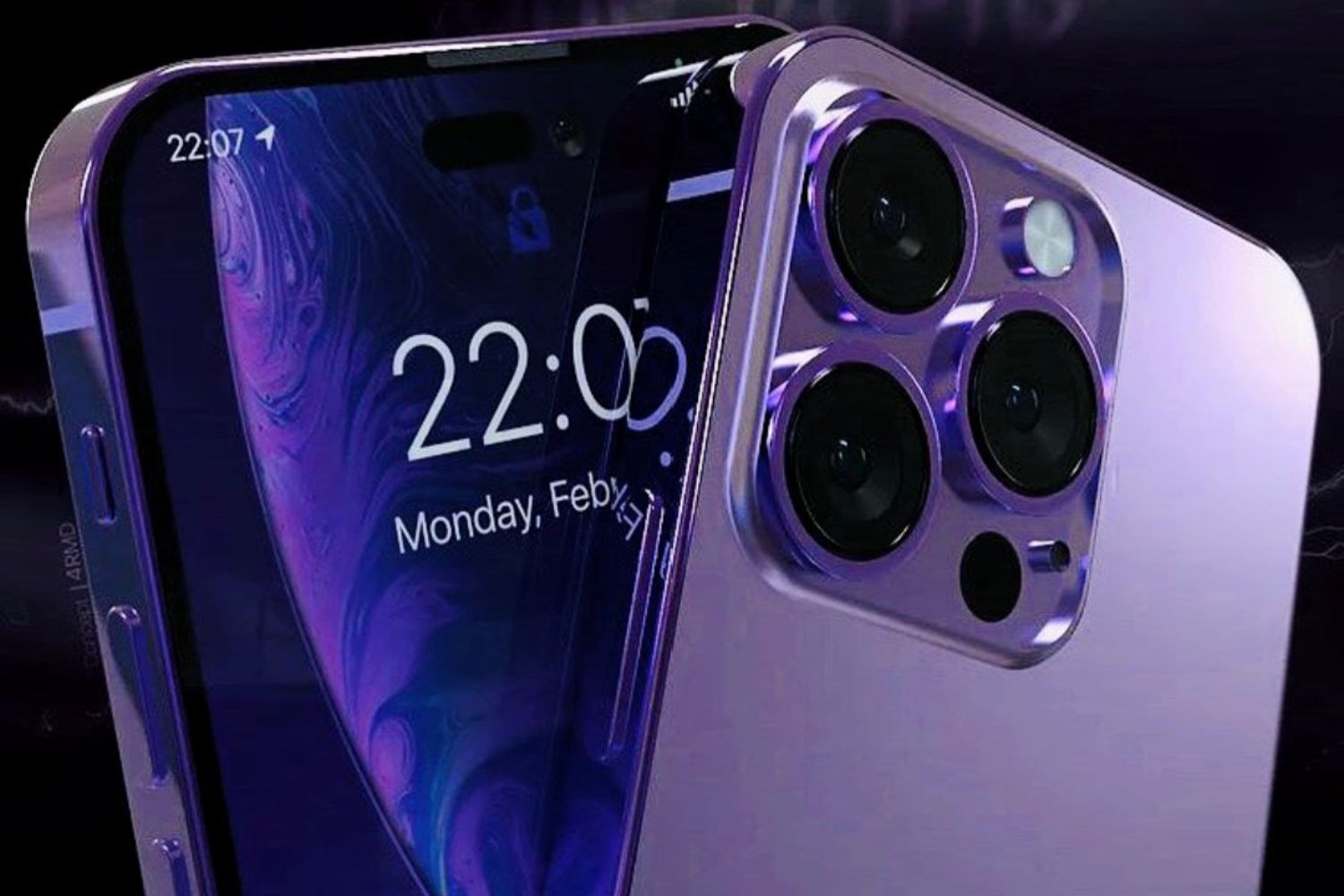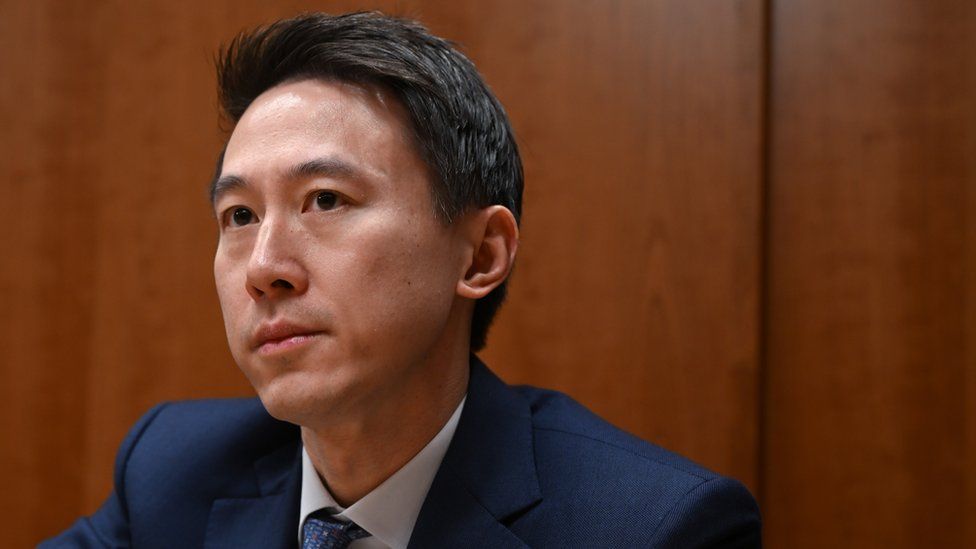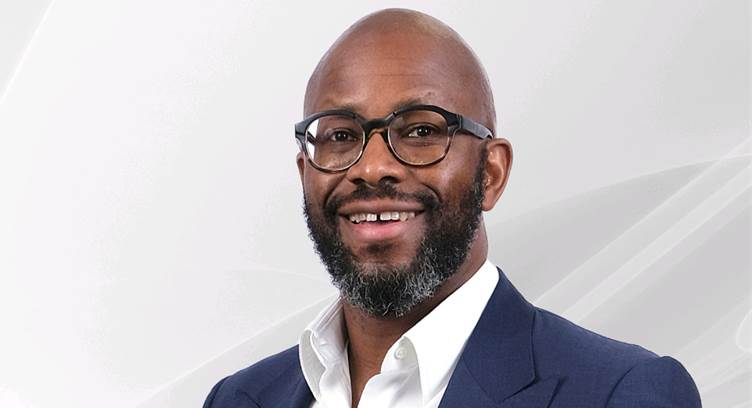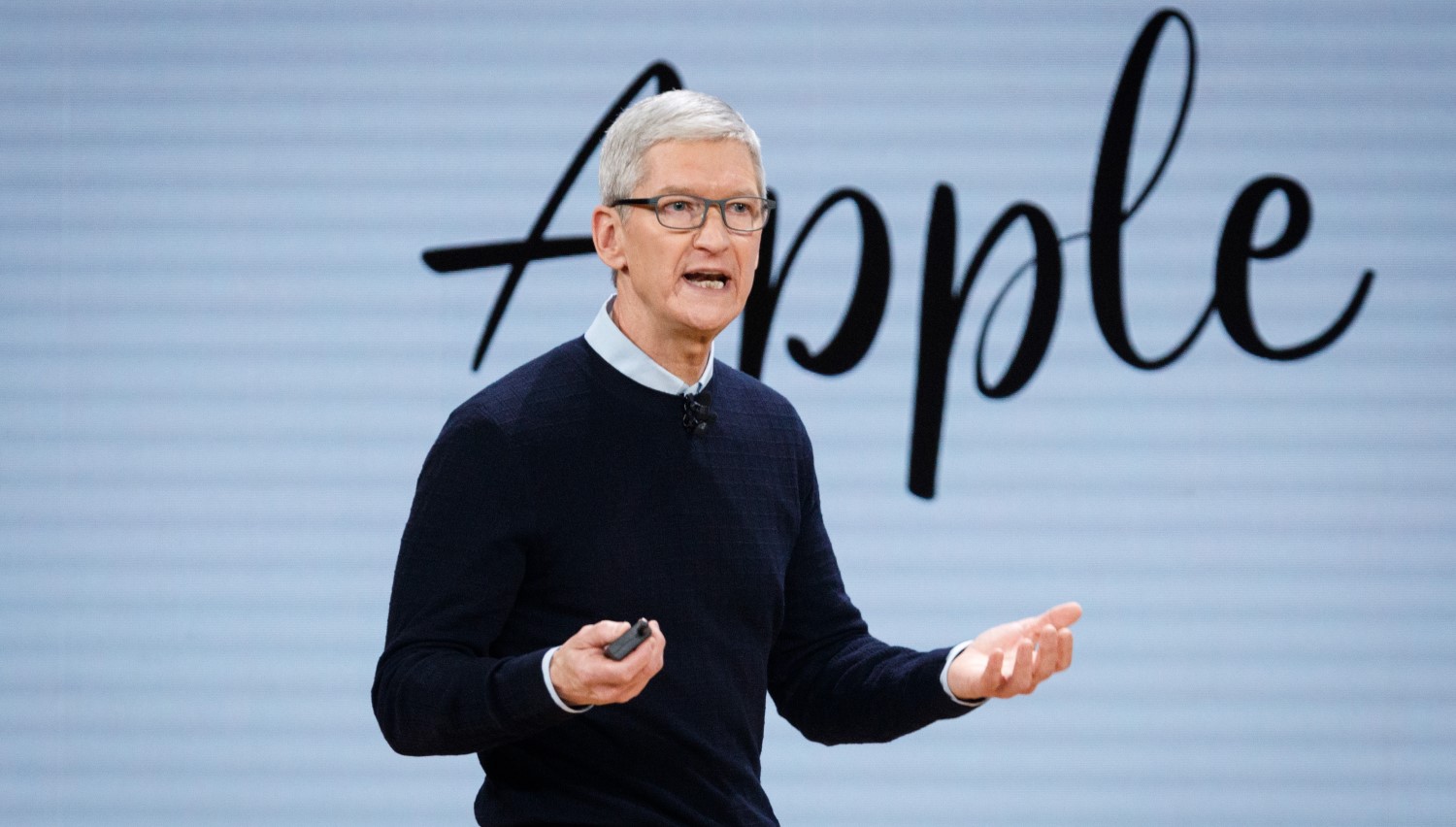Apple’s iPhone’s FineWoven Fabric Has Become Major Headache
The fabric used on iPhone 15 cases, called FineWoven, has been panned for being prone to scratches and stains. When Apple introduced a new material for phone cases and watchbands earlier this month, the company heralded it as a groundbreaking alternative to leather with “subtle lustre and a soft, suede-like feel”.
Consumers and reviewers haven’t seen it that way. The fabric, which Apple calls FineWoven, has been panned for being prone to scratches and stains — with an almost-slippery feel that’s off-putting to some. What began as a high-minded effort to make Apple’s products carbon neutral is now threatening to be one of the company’s biggest misfires of 2023.
Apple describes FineWoven as an all-new textile that’s made from 68% post-consumer recycled material. It’s part of a push to phase out leather throughout its product line, including iPhone cases and Apple Watch bands, in a step towards being carbon neutral across the company’s entire global operations.

FineWoven has yet to clear its first hurdle: winning over the Apple fanatics and early adopters
But FineWoven has yet to clear its first hurdle: winning over the Apple fanatics and early adopters that snapped up the product before anyone else. Federico Viticci, a blogger and podcaster who runs the MacStories site, is one such user. He posted on Mastodon that he saw a stain on his FineWoven case after going out for dinner.
Read also : China’s iPhone Ban
“I honestly think this is one of the worst accessories Apple’s produced,” he said. “I may just throw this out now. (Great for the environment!)”
One product review video posted to YouTube by MobileReviewsEh shows how easily the case can retain scratches. And a blogger at 512 pixels complained that the holes on the case don’t line up with the port on the phone or the speakers. A reviewer for the Verge put it bluntly: “FineWoven is very bad.”
A representative for the Cupertino, California-based company didn’t immediately respond to a request for comment.
FineWoven
Touching the material in person, FineWoven does take some getting used to. The case feels like a rough pair of tights — weirdly coarse but plush when you press on it. The sides look sleek, but one wrong move and it can scratch instantly.
The product also carries a premium price. A FineWoven iPhone case is US$59, $10 more than the plastic and silicone versions that Apple sells — and far more expensive than the options offered by third parties.
There’s some irony in FineWoven being one of the biggest controversies surrounding the launch of the iPhone 15. This is the year that Apple switched the phone to a USB-C connector, and that was expected to trigger outrage among consumers.
The last time the company switched power connectors on the iPhone — the move to Lightning in 2012 — consumers decried the change. They suddenly had drawers full of obsolete cords and accessories, and either needed to replace them or get a clunky adapter.
The relentless rise of iPhone prices in South AfricaBut this year’s switch to USB-C hasn’t brought the same criticism, perhaps because it’s been a long time coming. Many consumers already have many products that use the standard, including other Apple devices.
The company has suffered other high-profile gaffes with product launches. In 2010, the iPhone 4’s antenna didn’t work properly if the bottom left corner was covered. The executive responsible for hardware design left after the controversy, known as “antennagate”. In 2014, the iPhone 6 was so thin that it would bend, something Apple claimed was a rare occurrence.
Read also : South African Fintech Stitch Secures $25 Million Investment to Expand Payment Solutions
With FineWoven, the question is whether the outcry will extend beyond early adopters and critics. Viticci believes that ordinary consumers are finding fault as well. “I really like the thinking behind FineWoven cases,” he said. “Unfortunately, the execution isn’t there yet.”
Kelechi Deca

Kelechi Deca has over two decades of media experience, he has traveled to over 77 countries reporting on multilateral development institutions, international business, trade, travels, culture, and diplomacy. He is also a petrol head with in-depth knowledge of automobiles and the auto industry

